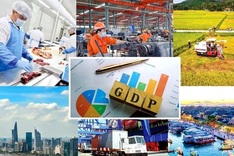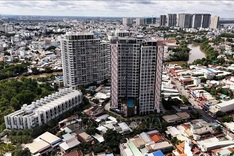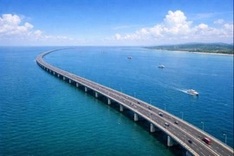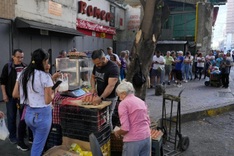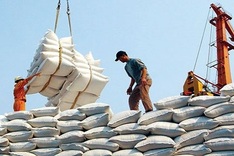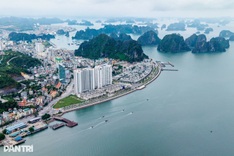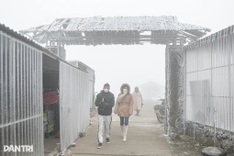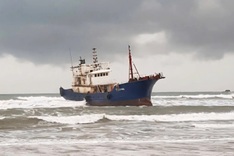The move comes in response to voter petitions submitted ahead of the 15th National Assembly’s ninth session, calling for stronger environmental protection measures, stricter penalties for violations, and safer living conditions for residents.
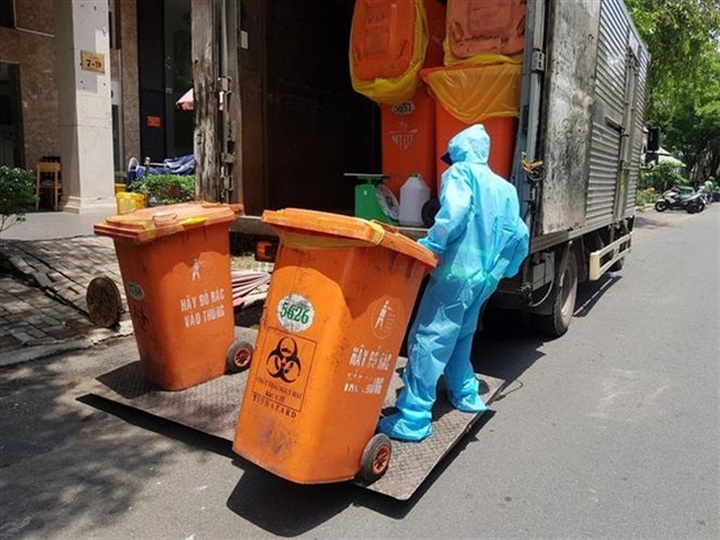
A sanitation worker collects and transports waste on a street in HCM City. — VNA/VNS Photo Hồng Giang
The department said the city is maintaining regular public education campaigns to raise awareness of environmental protection laws among both businesses and residents.
At the same time, it is rolling out five key initiatives aimed at tackling pollution and building a cleaner, greener city.
A priority is accelerating projects to remove illegal encroachments along canals and relocate households living on waterways.
This will be coupled with the expansion of urban wastewater collection and treatment systems to prevent sewage and solid waste from being discharged into rivers and streets.
The city is also advancing its 2020-2030 Environmental Pollution Reduction Programme, including campaigns to curb littering and improve air quality.
Authorities stressed that such efforts are vital to safeguard water resources, reduce health risks, and ensure a safer living environment.
For the first time, environmental protection has been integrated into the city’s medium- and long-term socio-economic development plans.
Urban planning now incorporates environmental impact assessments, with a focus on centralised wastewater treatment and solid waste management systems, as well as climate change adaptation and biodiversity conservation.
Recognising that pollution extends beyond city boundaries, the city is strengthening cooperation with neighbouring provinces to monitor emission sources, manage waste, and implement joint climate response strategies.
In addition, the city is boosting international cooperation to attract investment and expertise in green infrastructure.
This includes the development of modern wastewater treatment systems and the promotion of circular economy models through waste collection, recycling and resource recovery.
With these solutions, the city aims to create a sustainable urban environment that supports economic growth while protecting the health and well-being of its residents.
Recently, the city has announced new service prices for domestic solid waste collection, transportation, and treatment in the city, applied from June 1.
The municipal People's Committee issued a decision to establish specific price regulations for domestic solid waste collection, transportation, and treatment within the city.
Accordingly, this regulation stipulates the specific form and price (cost level) that agencies, organisations, production, business and service establishments, investors in construction and business of infrastructure of concentrated production, business and service areas, industrial clusters, households and individuals must pay for the collection, transportation and treatment of household waste based on the volume or weight of waste.
Garbage fees, including collection and transportation fees, will be collected each month in the following areas.

